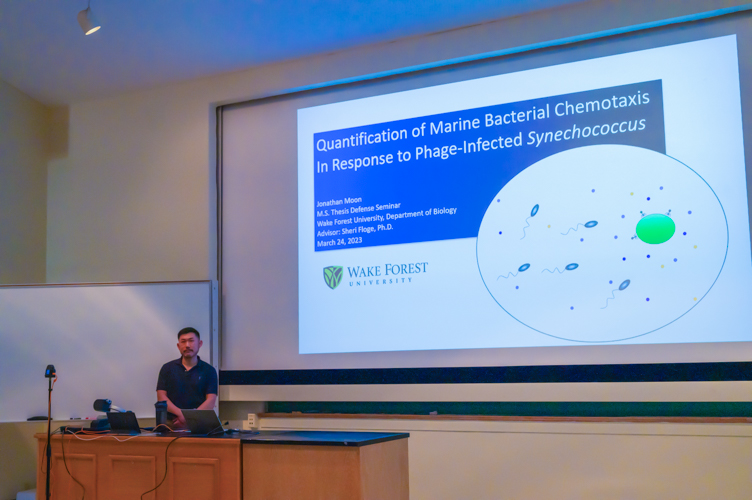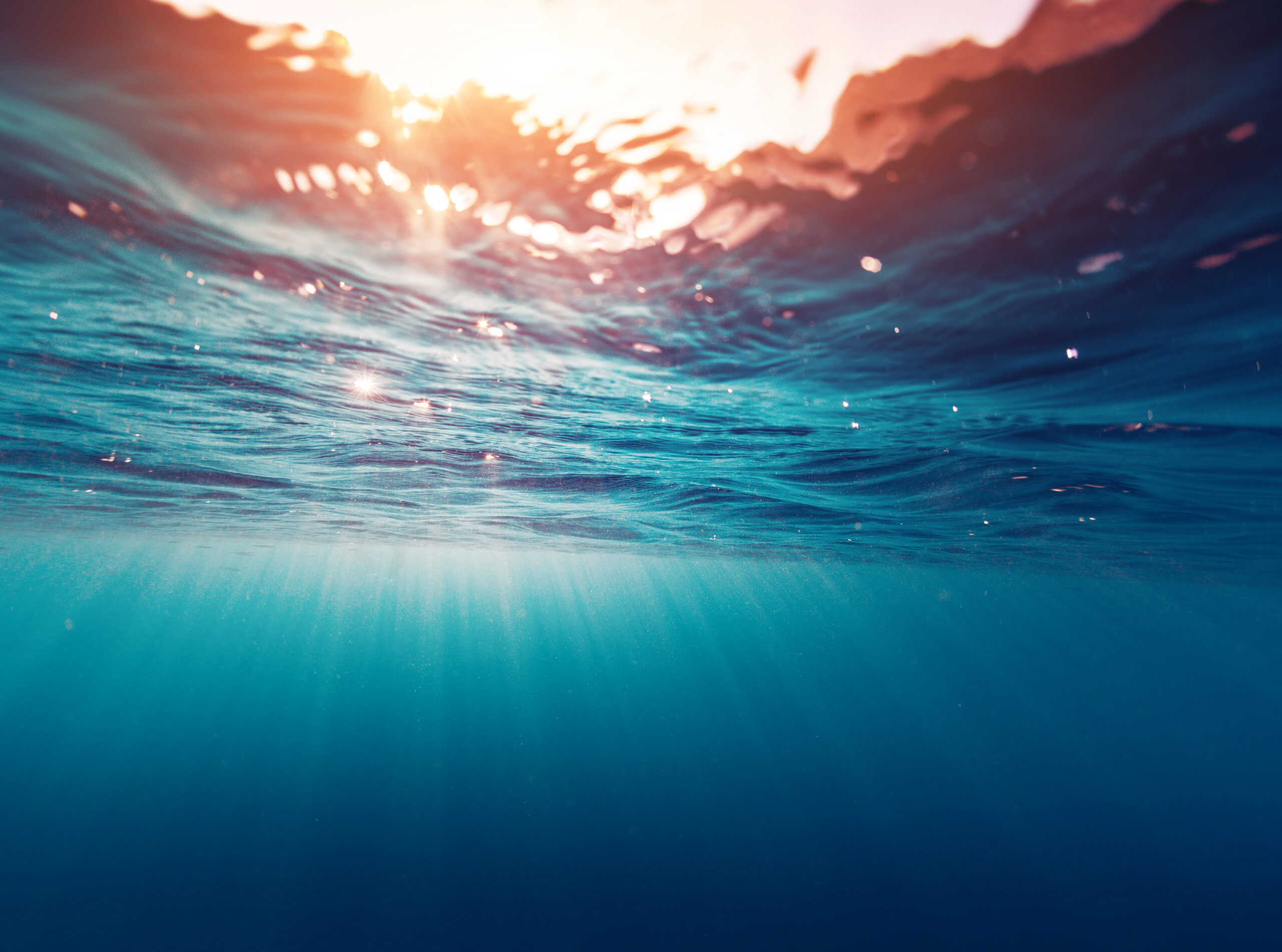
the floge lab
Marine Microbial Ecology
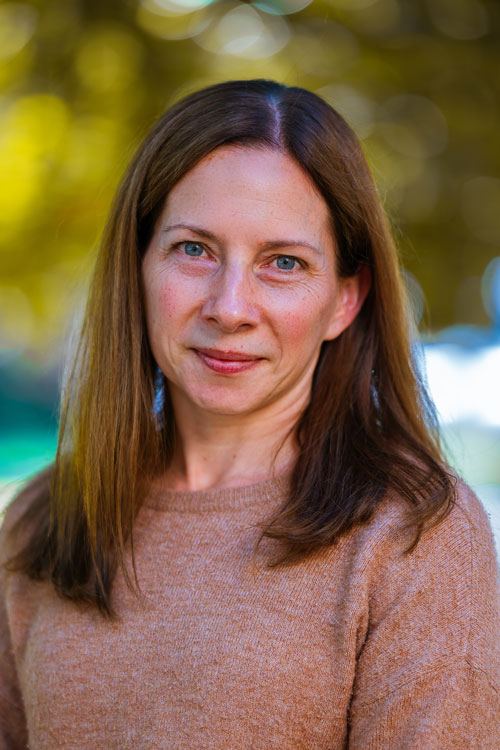
Sheri floge
Assistant Professor
Department of Biology, Wake Forest University, Winston Hall Room 011
floges@wfu.edu
Publications
Recent News
- Stehnach, M. R., Henshaw, R. J., Floge, S. A. and Guasto, J. S. (2024). Multiplexed Microfluidic Platform for Parallel Bacterial Chemotaxis Assays. Bio-protocol 14(17): e5062. DOI: 10.21769/BioProtoc.5062.
- Gray, P. C., Savelyev, I., Cassar, N., Lévy, M., Boss, E., Lehahn, Y., et al. (2024). Evidence for kilometer-scale biophysical features at the Gulf Stream front. Journal of Geophysical Research: Oceans, 129, e2023JC020526. https://doi.org/10.1029/2023JC020526
- Stehnach, M. R., R. J. Henshaw, S. A. Floge and J. A. Guasto. 2023. Multiplexed microfluidic screening of bacterial chemotaxis. eLife12:e85348.
- Howard-Varona, C., Roux, S., Bowen, B.P., Silva, L.P., Lau, R., Schwenck, S.M., Schwartz, S., Woyke, T. Northen, T., Sullivan, M.B. and Floge, S.A., 2022. Protist impacts on marine cyanovirocell metabolism. ISME Communications, 2(1), pp.1-14.
- Zengler, K., K. Hofmockel, N. S. Baliga, S. W. Behie, H. C. Bernstein, J. B. Brown, J. R. Dinneny, S. A. Floge, S. P. Forry, M. Hess, S. A. Jackson, C. Jansson, S. R. Lindemann, J. Pett-Ridge, C. Maranas, E. A. Shank, O. S. Venturelli, M. D. Wallenstein, and T. Northen. 2019. EcoFABs: Advancing microbiome science through standardized fabricated ecosystems. Nature Methods (16) 567-571.
- Lawrence, S. A., S. A. Floge, J. E. Davy, S. K. Davy, and W. H. Wilson. 2017. Exploratory analysis of Symbiodinium transcriptomes reveals potential latent infection by large dsDNA viruses. Environmental Microbiology (19) 3909-3919.
- Vermont, A. I., J. Martínez Martínez, J. D. Waller, I. C. Gilg, A. H. Leavitt, S. A. Floge, S. D. Archer, W. H. Wilson, and D. M. Fields. 2016. Virus infection of Emiliania huxleyi deters grazing by the copepod Acartia tonsa. Journal of Plankton Research (38) 1194-1205.
- Gilg. I. C., S. D. Archer, S. A. Floge, D. M. Fields, A. I. Vermont, A. H. Leavitt, W. H. Wilson, and J. Martínez Martínez. 2016. Differential gene expression is tied to photochemical efficiency reduction in virally infected Emiliania huxleyi. Marine Ecology Progress Series (555) 13-27.
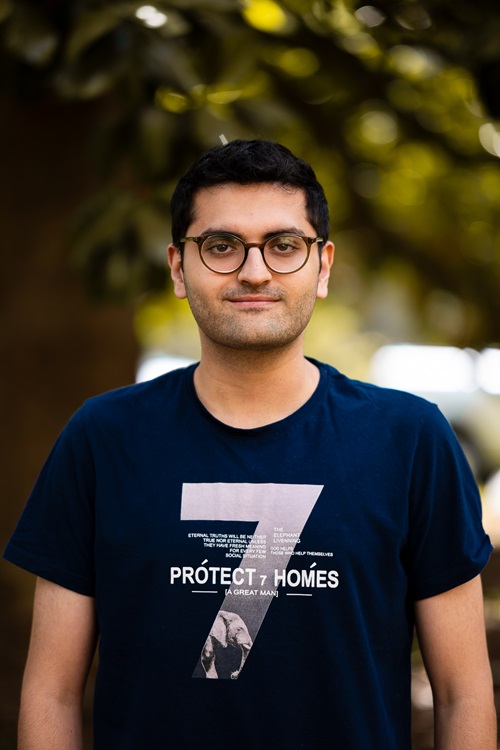
January 2023: Reza joins the lab as a PhD student.
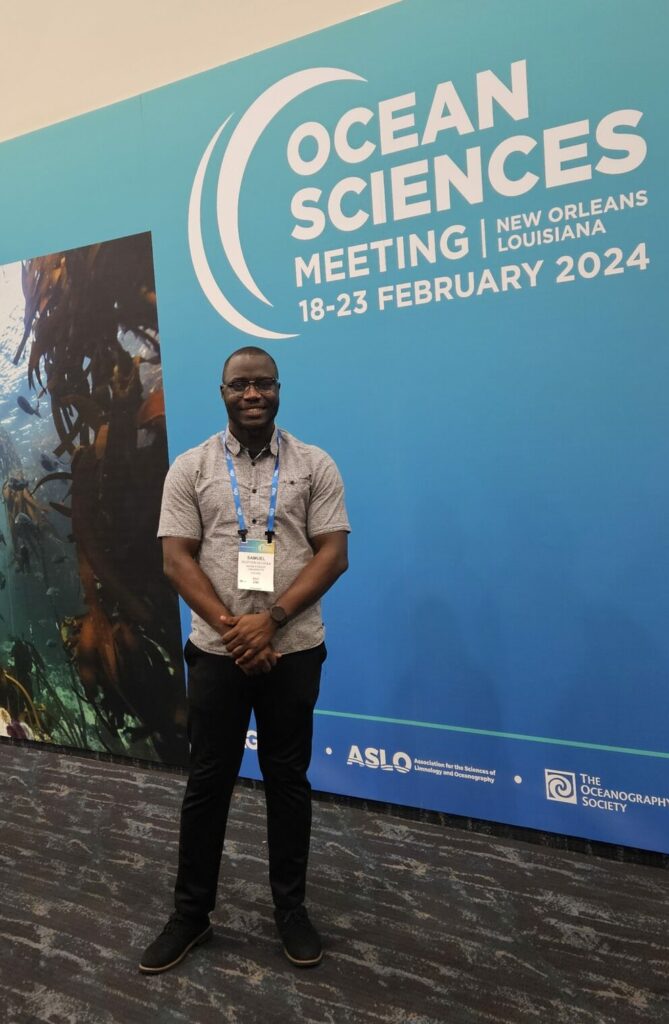
February 2024: Dr Floge and Samuel presented a talk and a poster respectively at the Ocean sciences Meeting ’24 in New Orleans.

August 2023: Archana Cherukat joins the lab as a PhD student.
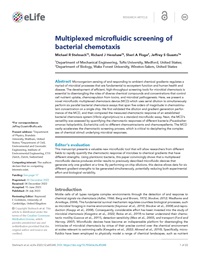
July 2023: eLife publication describing development of a novel multiplexed chemotaxis device for high throughput screening of bacterial chemotactic responses to chemostimulants.



